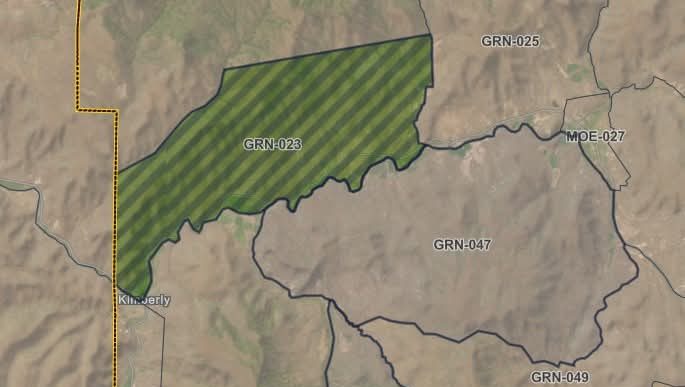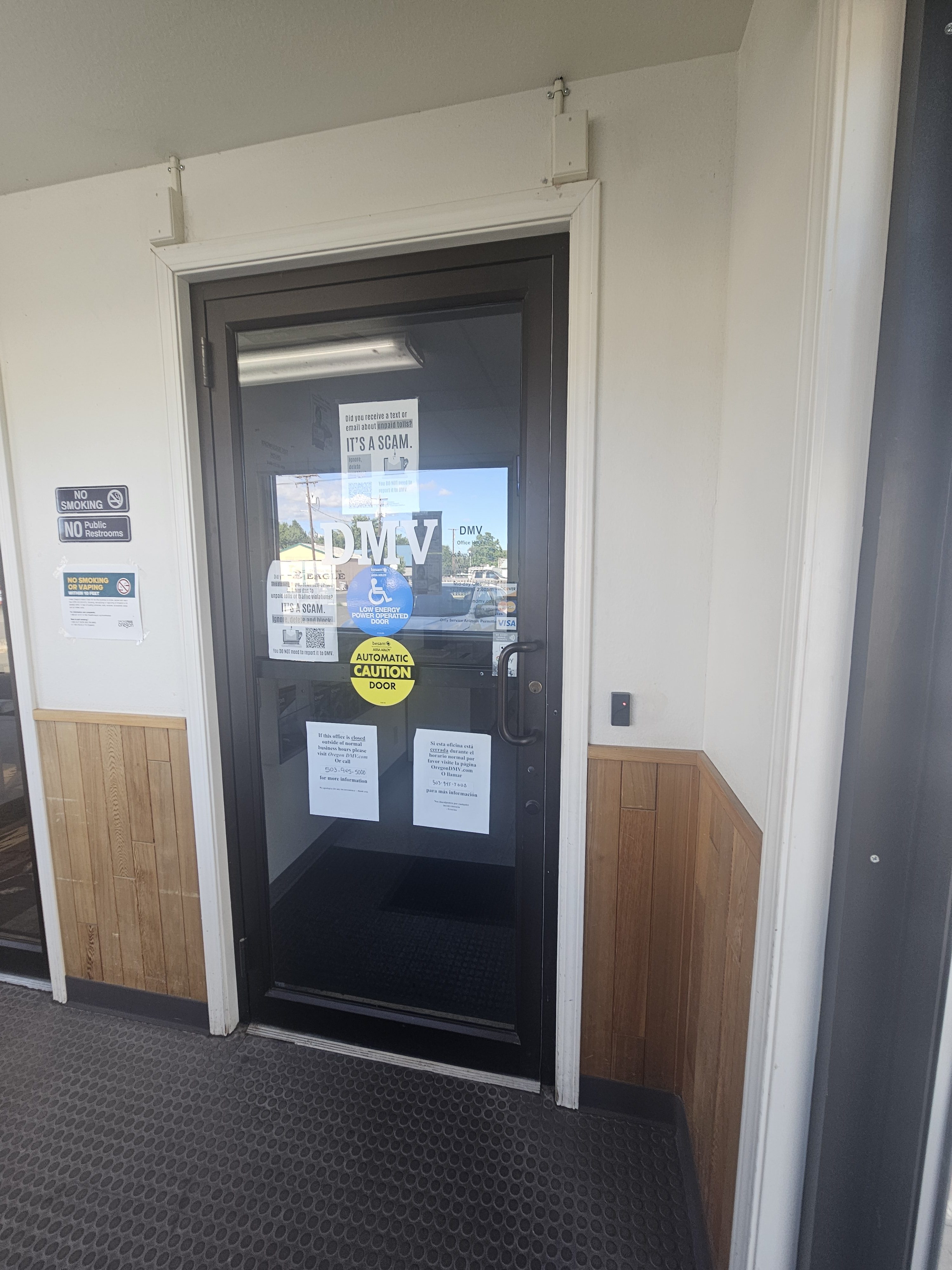Letter: A different take on desired conditions
Published 6:15 am Thursday, December 15, 2022
To the Editor:
Trending
On Nov. 28, the Blue Mountain eagle published a letter from John George titled “BIC doesn’t speak for Eastern Oregon.” As a public land owner who hunts within the Blues, I felt a responsibility to respond.
First, the author writes the BIC’s statement on desired conditions for access “is in support of travel management, closure of cross-country travel and closure of motorized access to roughly 95% of the national forest in Northeastern Oregon.”
The BIC should absolutely support travel management. Two of these forests have not completed the mandated process published within the 2005 Travel Management Rule (TMR), and it’s high time they comply.
Trending
When the TMR took effect, motorized cross-country travel on all USFS-managed lands, regardless if they had gone through the required travel management process or not, was practically abolished. The author provided no evidence to substantiate the claim that the BIC’s desired conditions will close “motorized access to roughly 95% of the national forest in Northeastern Oregon.” I do not believe the BIC wants to close 95% of our access, and hyperbole such as this will only spread mistruths and misunderstanding for the upcoming Blue Mountain Forest Plan revisions.
Mr. George also states, “The public in Eastern Oregon has stated their desired condition for access is an open forest.” As a member of the public, I disagree. Many members of the public and organizations alike support strategic, science-based road closures to improve elk security and our hunting opportunities in the Blues.
I do agree with the author in one respect. As but a single stakeholder, the “BIC’s documents should reflect that it is speaking for itself.” The BIC should make clear they speak on behalf of elected leaders from 14 local counties, and the federal, state and tribal government entities that participate.
While not perfect, I recognize and appreciate that the BIC worked hard to gain consensus on desired conditions which strike an important balance between working forest and access to some of the state’s wildest landscapes. It’s time for public land owners to engage. Our voices, advocating on behalf of our wild public lands, waters and wildlife, are critical.
Ian Isaacson
Bend









